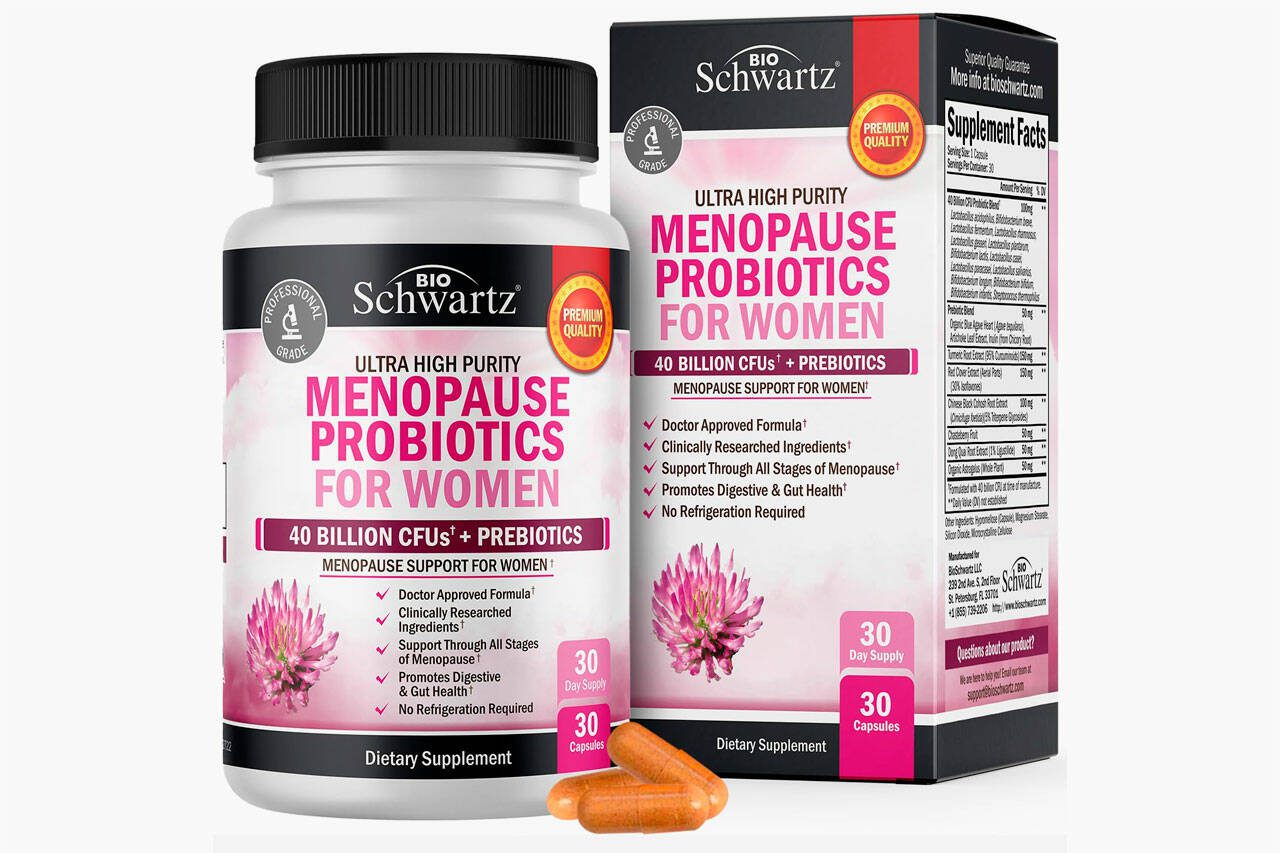Best Supplements For Perimenopause Belly Fat

The transition into perimenopause can feel like navigating uncharted waters, especially when unwelcome changes like stubborn belly fat appear. Many women find their clothes fitting tighter and their confidence dwindling as the scale creeps upward, despite maintaining their usual diet and exercise routines. This frustrating phenomenon is often linked to hormonal fluctuations that accompany this significant life stage.
This article explores the complex relationship between perimenopause and belly fat, delving into the potential role of supplements in managing this common symptom. We'll examine the scientific evidence surrounding various options, offering insights and guidance based on reputable sources. The information presented aims to empower women to make informed decisions about their health and well-being during this transformative period.
Understanding Perimenopausal Belly Fat
Perimenopause, the transitional period leading up to menopause, is characterized by declining estrogen levels. These hormonal shifts can disrupt metabolism, leading to increased fat storage, particularly around the abdomen. This type of fat, known as visceral fat, is associated with a higher risk of heart disease, type 2 diabetes, and other health problems.
Besides hormonal changes, other factors contribute to weight gain during perimenopause. These include age-related muscle loss (sarcopenia), decreased physical activity, and genetic predisposition. Sleep disturbances, common during perimenopause, can also exacerbate weight gain by affecting appetite-regulating hormones like ghrelin and leptin.
Supplements: A Potential Aid?
While diet and exercise remain the cornerstones of weight management, certain supplements may offer additional support during perimenopause. It's crucial to remember that supplements are not a magic bullet and should be used in conjunction with a healthy lifestyle. Always consult with a healthcare professional before starting any new supplement regimen.
Fiber Supplements
Fiber is essential for maintaining a healthy weight. It promotes satiety, helping you feel fuller for longer and reducing overall calorie intake. Soluble fiber, in particular, can help regulate blood sugar levels and improve gut health.
Supplements like psyllium husk and glucomannan are excellent sources of soluble fiber. A study published in the American Journal of Clinical Nutrition found that increased fiber intake was associated with reduced abdominal fat.
Probiotics
The gut microbiome plays a crucial role in metabolism and weight management. Probiotics, beneficial bacteria that support gut health, may help improve weight loss efforts during perimenopause. Lactobacillus and Bifidobacterium are two common types of probiotics.
Research suggests that certain probiotic strains can reduce inflammation and improve insulin sensitivity. A meta-analysis published in the journal Obesity Reviews found that probiotic supplementation was associated with a small but significant reduction in body weight and BMI.
Vitamin D
Vitamin D deficiency is common, particularly in women during perimenopause. Low levels of vitamin D have been linked to increased abdominal fat and insulin resistance. Vitamin D is also involved in mood regulation, so maintaining sufficient levels is important for overall well-being.
Supplementing with vitamin D may help improve insulin sensitivity and reduce abdominal fat. The National Institutes of Health (NIH) recommends a daily intake of 600 IU of vitamin D for adults, but individual needs may vary.
Magnesium
Magnesium is involved in hundreds of bodily functions, including regulating blood sugar levels and insulin sensitivity. It can also help improve sleep quality, which is often disrupted during perimenopause. Magnesium deficiency has been linked to increased inflammation and weight gain.
Supplementing with magnesium may help improve insulin sensitivity and reduce inflammation, potentially aiding in weight management. Magnesium glycinate is a well-absorbed form of magnesium that may also promote relaxation and sleep.
Green Tea Extract
Green tea extract contains compounds called catechins, which have antioxidant and thermogenic properties. These compounds may help boost metabolism and promote fat burning. Epigallocatechin gallate (EGCG) is the most abundant catechin in green tea extract.
Several studies have shown that green tea extract can help reduce body weight and abdominal fat. However, it's important to note that the effects are often modest and may vary depending on individual factors.
Adaptogens (Ashwagandha)
Adaptogens are herbs that help the body adapt to stress. Stress can contribute to weight gain, particularly abdominal fat, by increasing cortisol levels. Ashwagandha is a popular adaptogen that has been shown to reduce cortisol levels and improve stress resilience.
Research suggests that ashwagandha may also help improve sleep quality and reduce anxiety, both of which can indirectly support weight management. Studies indicate that ashwagandha supplementation can contribute to reduce stress.
Important Considerations
Before taking any supplements, it is essential to consult with a healthcare professional. They can assess your individual needs, review your medical history, and identify any potential drug interactions. Supplements are not regulated by the FDA in the same way as medications, so it's important to choose reputable brands that have been third-party tested for quality and purity.
Furthermore, supplements should not be considered a replacement for a healthy diet and regular exercise. Focus on consuming whole, unprocessed foods, including plenty of fruits, vegetables, and lean protein. Aim for at least 150 minutes of moderate-intensity exercise per week.
The Holistic Approach
Managing perimenopausal belly fat requires a multifaceted approach. In addition to diet, exercise, and potentially supplements, stress management techniques such as yoga, meditation, or deep breathing exercises can be beneficial. Prioritizing sleep is also crucial for hormonal balance and weight management.
Consider seeking support from a healthcare provider or registered dietitian to develop a personalized plan that addresses your specific needs and goals. Addressing the emotional and psychological aspects of perimenopause is also important for overall well-being. This could involve therapy or joining support groups.
Looking Ahead
The field of supplement research is constantly evolving. As new studies emerge, our understanding of the role of supplements in managing perimenopausal belly fat will continue to grow. Stay informed about the latest research and consult with your healthcare provider to make informed decisions about your health.
Ultimately, managing perimenopausal belly fat is about embracing a healthy lifestyle that supports both physical and mental well-being. By prioritizing self-care and working with healthcare professionals, women can navigate this transitional period with confidence and vitality. Remember, consistency and patience are key to achieving sustainable results.
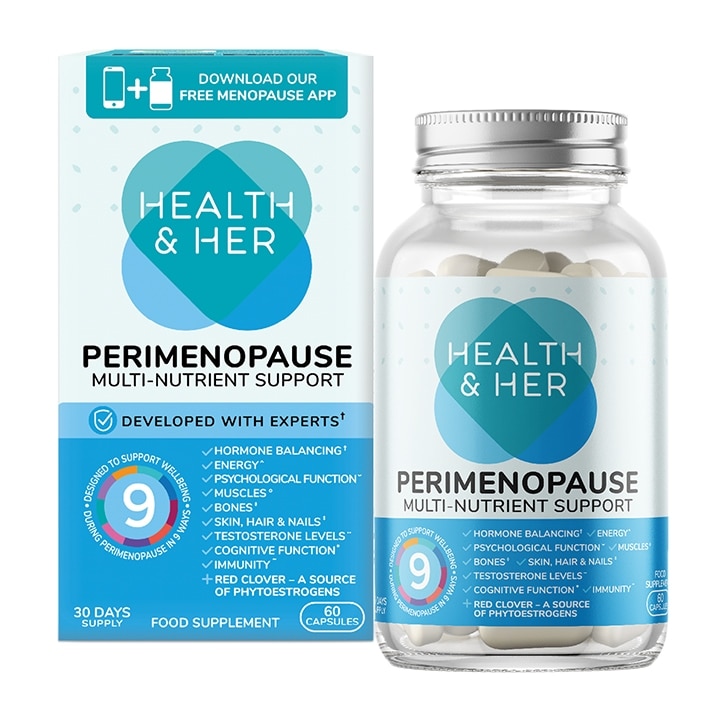


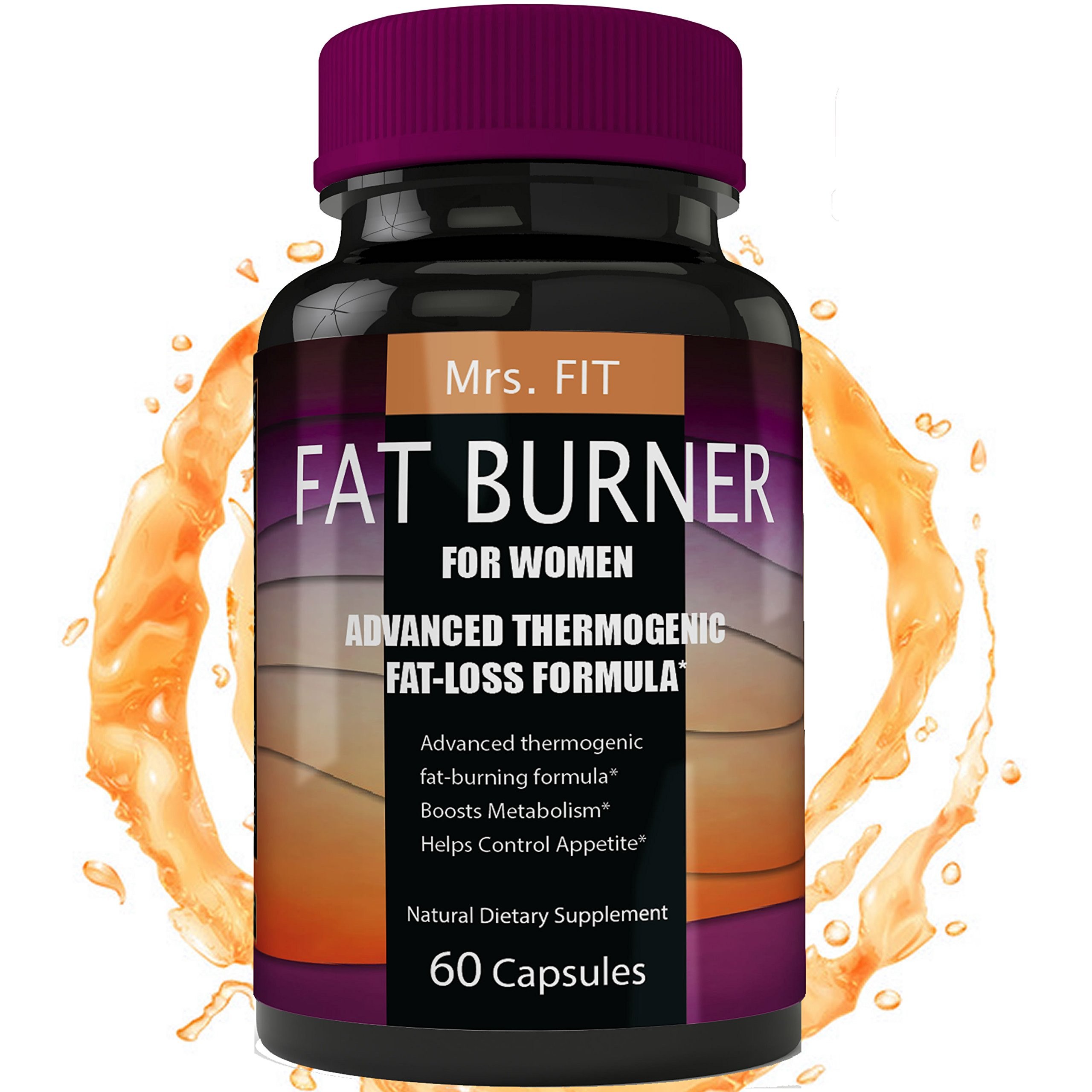
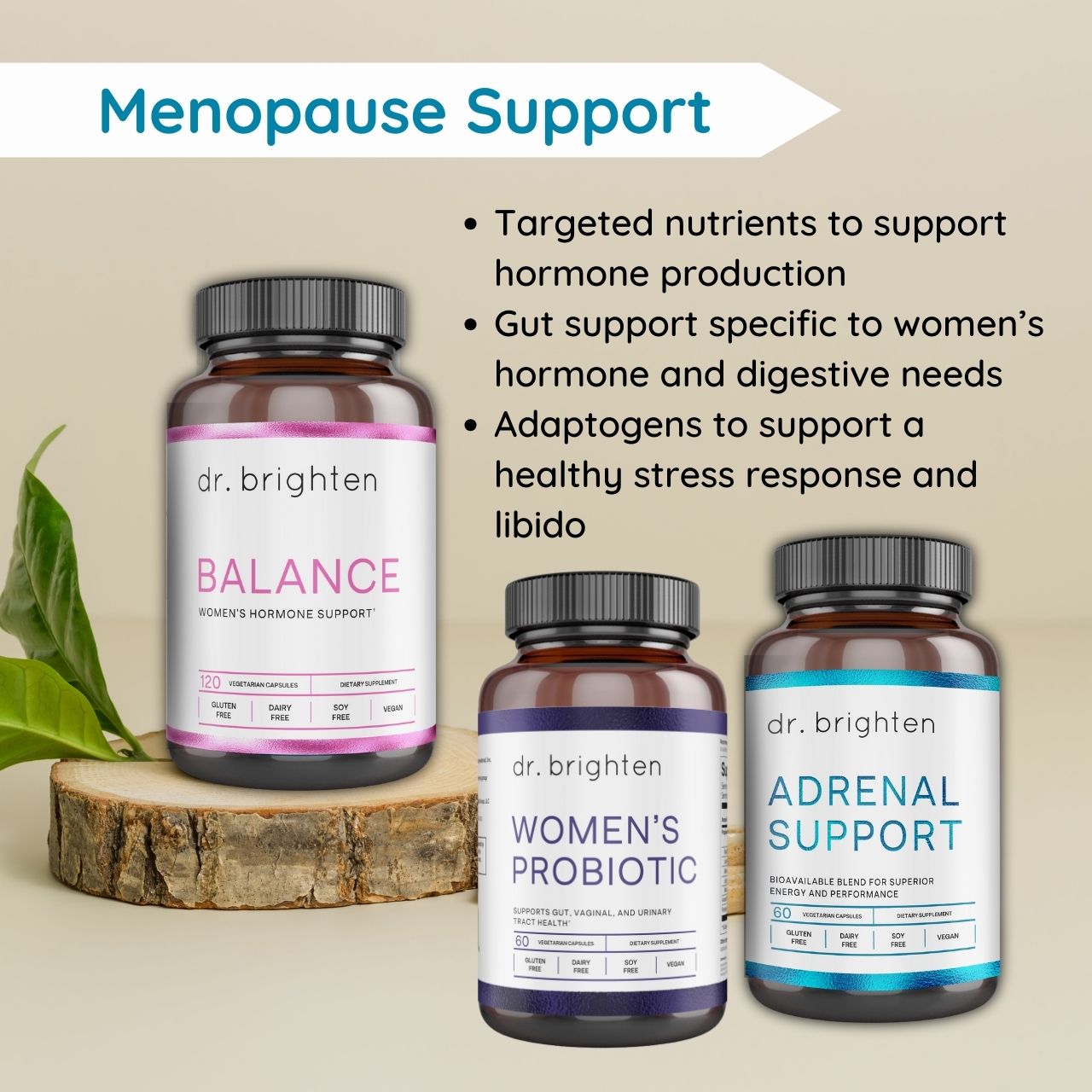


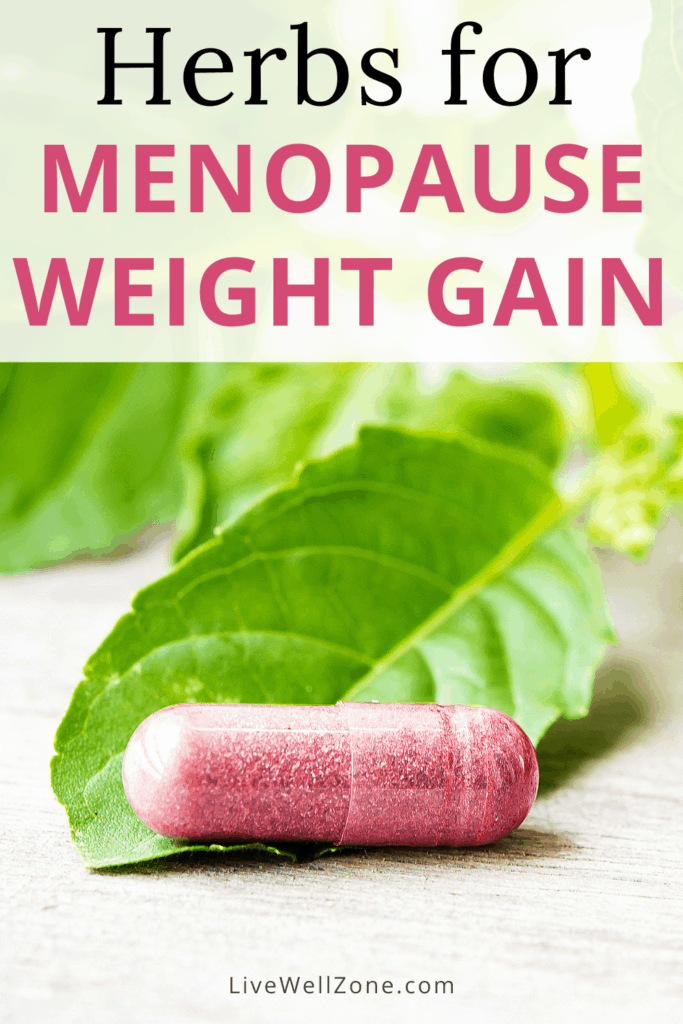
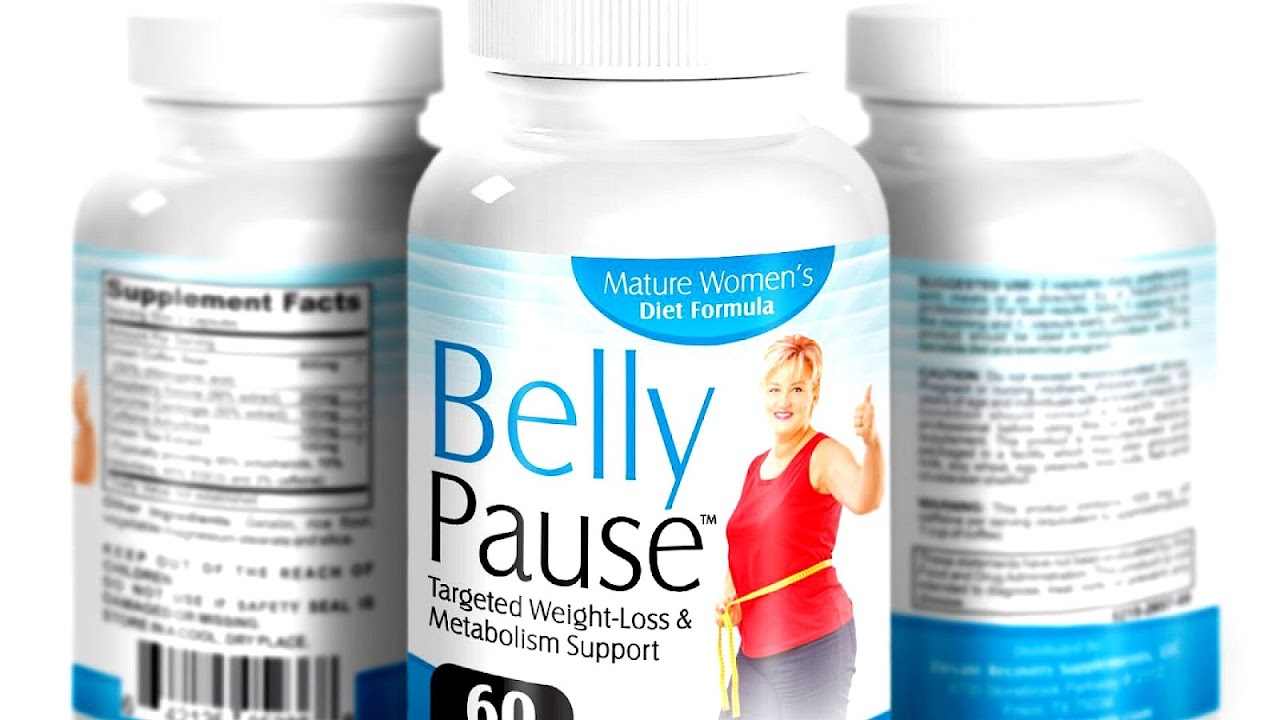
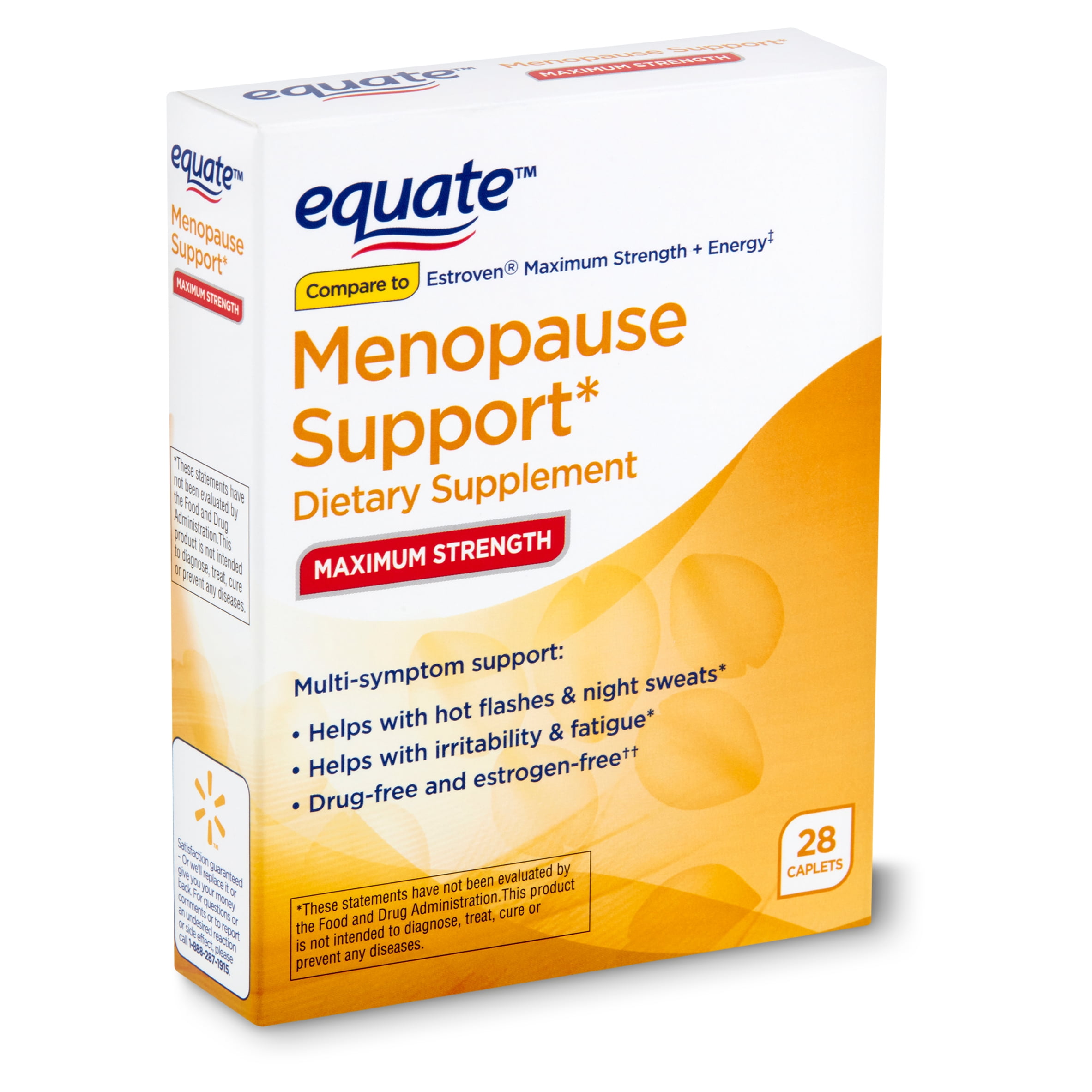





/assets/images/provider/photos/2763787.png)

